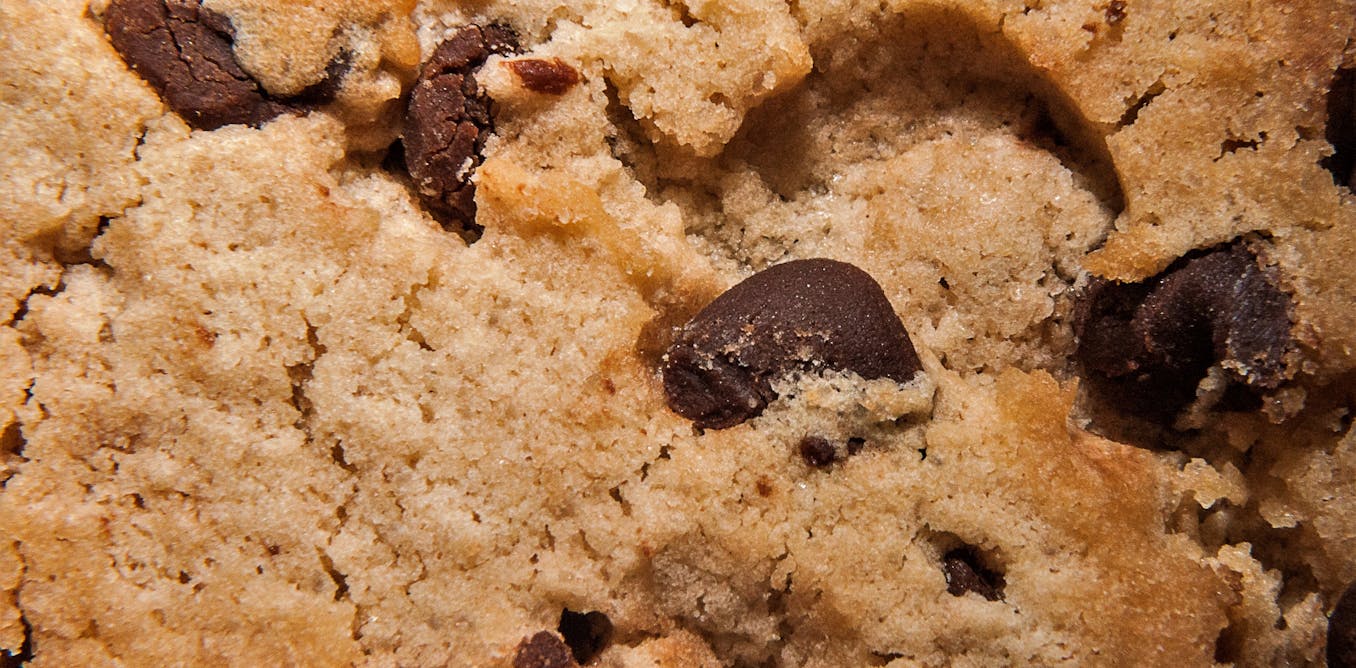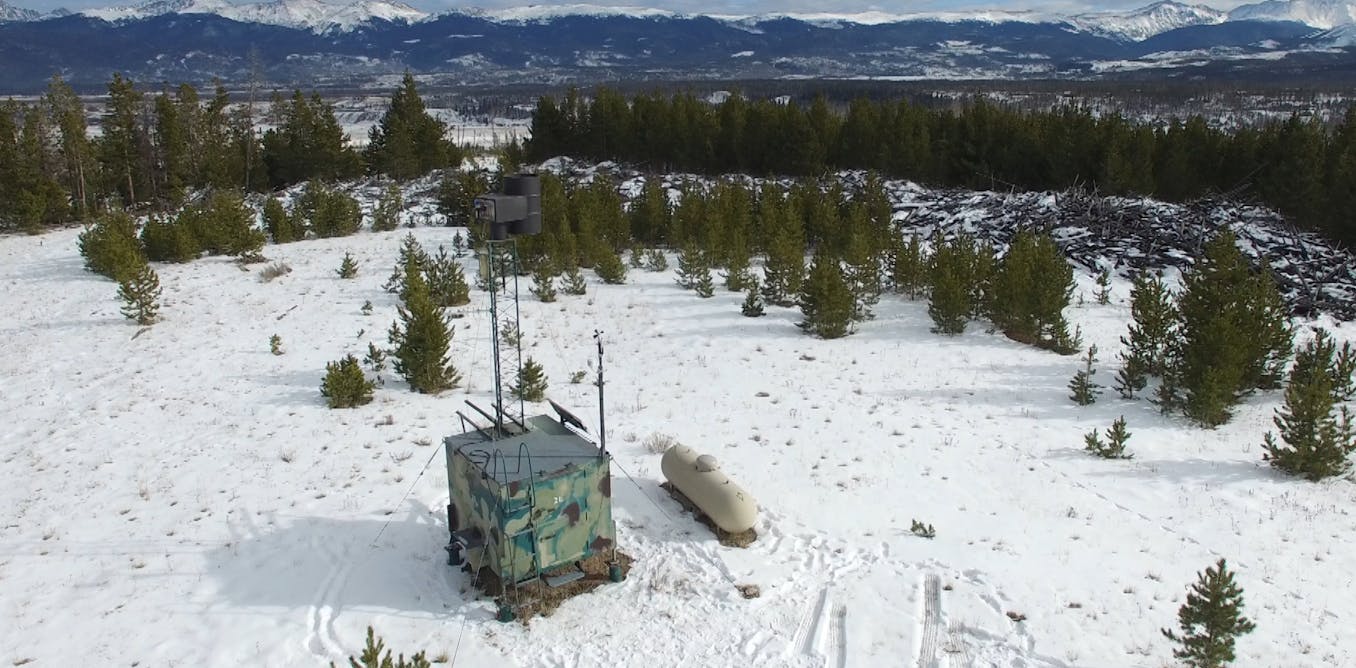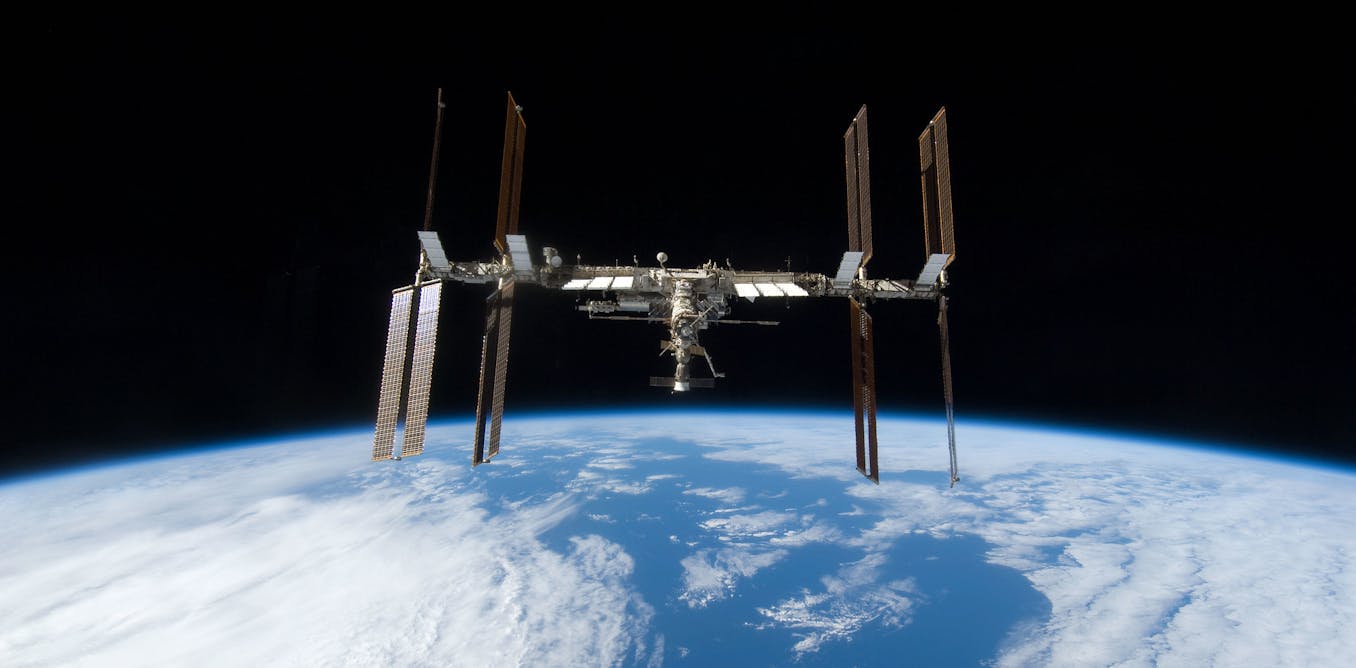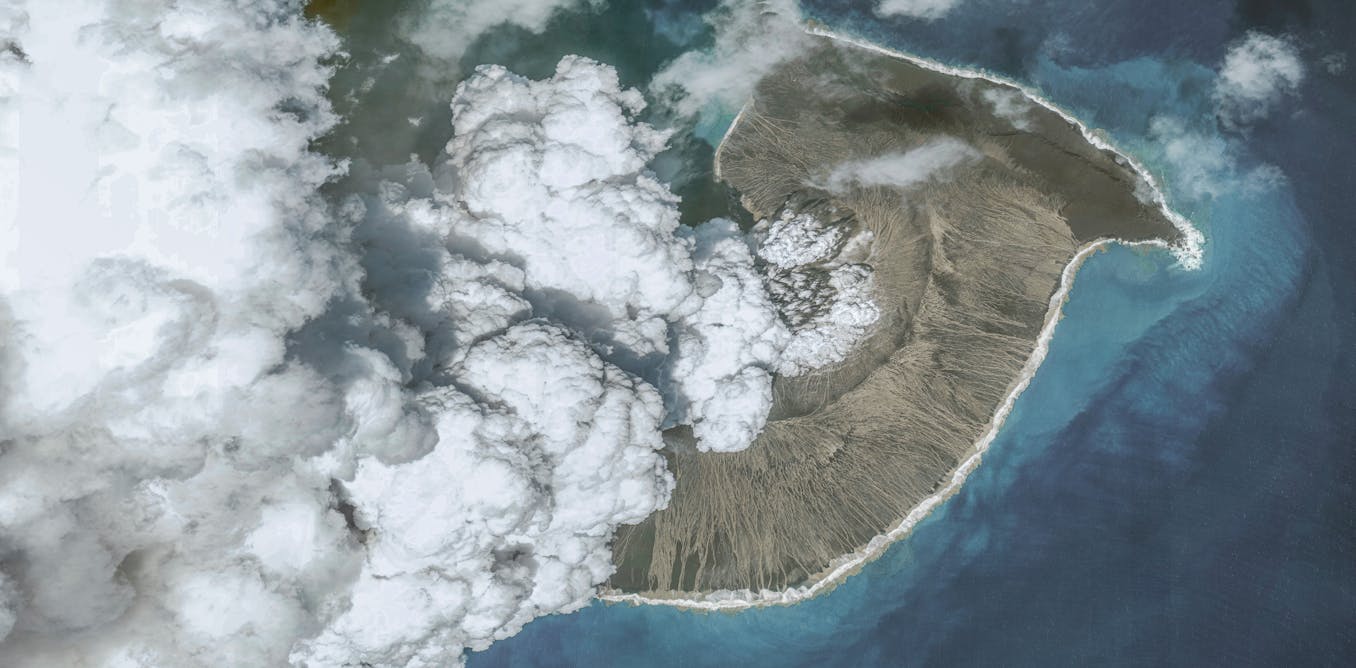Using ‘science’ to market cookies and other products meant for pleasure backfires with consumers
New research found that consumers were less likely to buy a product associated with pleasure if marketers emphasized it was developed with science.
May 12, 2022 • ~5 min





